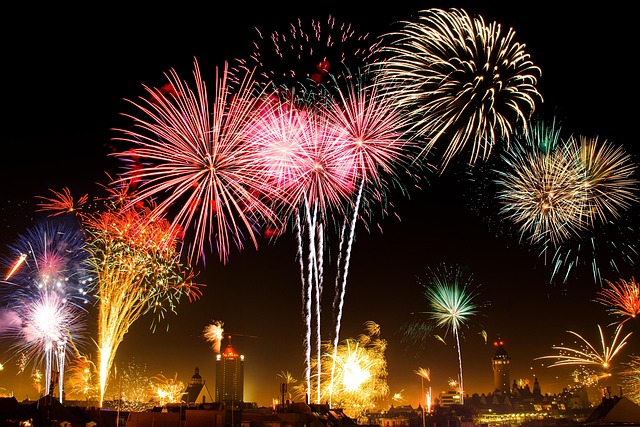The concept of light has long been intertwined with spirituality and the divine across various cultures and religions. When we discuss a light festival, we step into a world where illumination transcends the physical realm, becoming a symbol of hope, renewal, and enlightenment. These festivals not only fill the sky with radiance but also the hearts of individuals with a sense of belonging and connection to the divine.
In many traditional religions, light embodies purity and goodness, often representing the presence of deities. For instance, the Hindu festival of Diwali, known as the Festival of Lights, celebrates the return of Lord Rama to Ayodhya after defeating the demon king Ravana. Homes and streets are adorned with countless tiny clay lamps, illuminating the darkness and symbolizing the triumph of light over darkness, knowledge over ignorance. This profound tradition serves as a powerful reminder of the role that the divine plays in guiding us through life’s challenges.
Similarly, in Christianity, the festival of Christmas highlights the significance of light as well. The birth of Jesus, often referred to as the “Light of the World,” is celebrated with decorations that shine brightly amidst the winter darkness. Candles are lit in churches, and homes are adorned with colorful lights, all of which symbolize hope, peace, and joy, echoing the divine promise of salvation and new beginnings. These traditions foster a sense of community, bringing families and friends together to share in the warmth of the season.
In Buddhism, the festival of Vesak honors the birth, enlightenment, and death of Gautama Buddha. During this auspicious occasion, celebrants often light lanterns and lamps, illustrating the enlightenment of the Buddha and the spiritual awakening each individual can strive towards. The illumination of these lights not only commemorates a historical figure but also serves as a reminder of the potential for inner change and the collective journey toward nirvana.
Moreover, Jewish traditions embrace the Festival of Lights during Hanukkah, where each night a candle is lit on the menorah. This festival commemorates the miracle of the oil that lasted eight days in the rededication of the Second Temple. The lights shine brightly, representing resilience amidst adversity and the enduring light of faith. Families come together to celebrate, strengthening their heritage and bonds through lit candles, games, and shared meals.
These magnificent light festivals across various cultures impart profound spiritual lessons and underscore the significance of light in our lives. They create opportunities for reflection, celebration, and a reconnection with the divine. By participating in these ancient practices, people from all walks of life can experience a sense of unity and shared purpose, fostering hope for the future. Each flicker and glow encapsulates years of tradition, extending a warm invitation for all to engage with the light of spirituality.
As we immerse ourselves in the beauty and warmth of these celebrations, we are reminded that light truly holds a special place in our hearts, guiding us through darkness, illuminating paths of love and unity, and encouraging us to shine in our authentic selves. The spirit of these light festivals transcends boundaries, reminding us that while traditions may differ, the essence of light is universally cherished.




